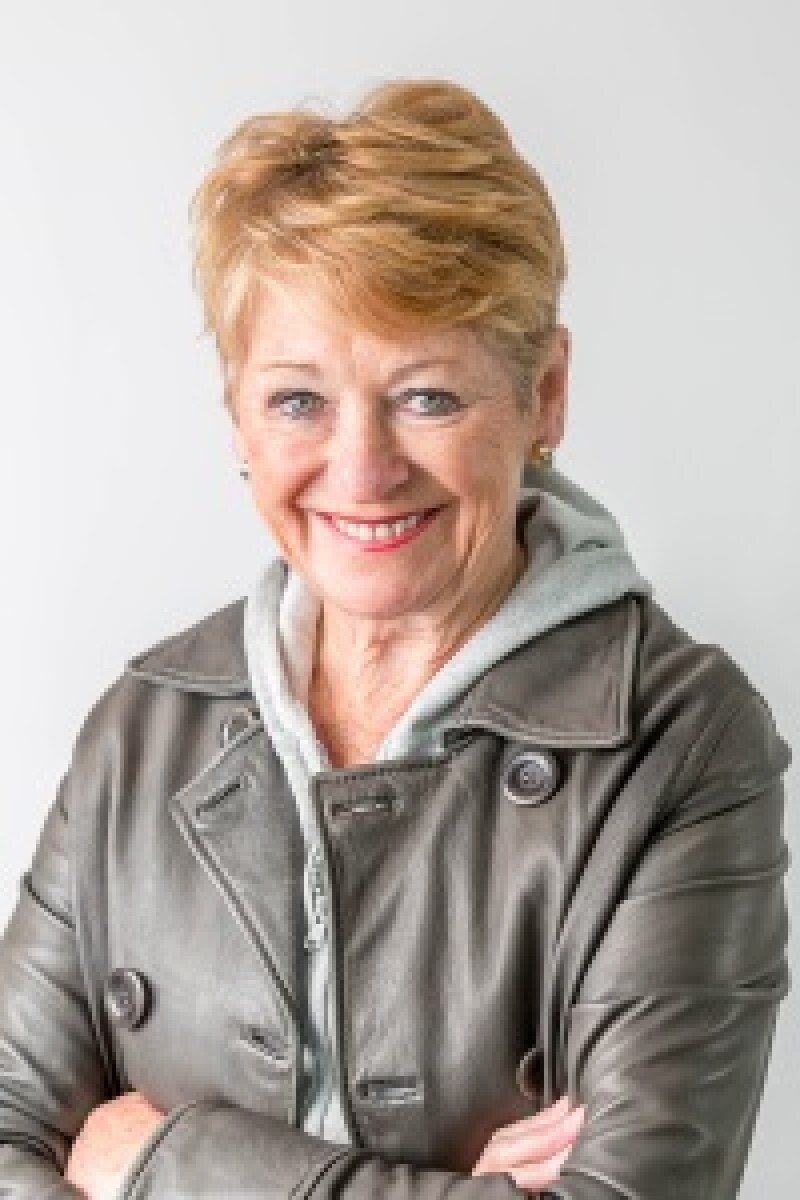
Dids Macdonald began her career as an interior designer and later became a product designer – but things did not always go smoothly, as she recalls: “Every time we brought out a new product range, it was knocked off.”
In response, in 1996, Macdonald began to host meetings with designers who were experiencing similar challenges. “Our main problem was getting an understanding from intellectual property lawyers about design itself, because at that time very little was known. It had a very little profile.”
Those meetings led to the foundation of Anti Copying in Design (ACID) and several high-profile campaigns for designers. Macdonald says: “Through the work that we have done over the last two decades, certainly in the UK and Europe, people have become more aware of design theft. I think they are also aware that there is an awful lot that one can do with the small claims track and the improved IPEC.”
One of ACID’s services for members is the Design Databank, which contains over 300,000 designs. The organisation now plans to extend this protection to copyright work and introduce a bespoke brand protection and enforcement services for its members.
A breakthrough for designers
In a recent televised interview Macdonald spoke to journalists about the repeal of Section 52 of the Copyright, Designs and Patents Act 1988 (CPDA), which came into force on July 28 2016. The repeal of Section 52 means that copyright protection for artistic works which are industrially manufactured is extended from 25 years after the first marketing to 70 years after the death of the creator.
During the broadcast, Macdonald said “replicas” is “only really only a sanitised word for fakes”.
On possible causes for the ostensible tolerance of replicas among today’s consumers, Macdonald says: “I don’t think there has been enough focus on the fact that this is unauthorised or illegal use of licensed work.” She continues: “There is still a culture where it is okay to just free-ride on another’s creativity. People do not realise that design theft is the same as physical theft.”
Regarding the repeal of Section 52, she says: “There was a loophole in British law that meant that you could buy knock-off designs when the rest of Europe was supporting the whole premise of original design and iconic designers.”
Macdonald and her fellow ACID members were among those campaigning for the revision of the CDPA and, later, a group of industry representatives pushing for the enforcement date, which was originally set for 2020, to be brought forward.
Brexit and EU relations

A recent survey found that 92% of ACID members were concerned that Brexit could lead to a loss of access to EU trade marks and registered Community designs. In another survey conducted by the Creative Industries Federation, 96% of members said that they wished to remain in the EU. “First of all,” says Macdonald, “I think the word from everybody is not to panic, because nothing is going to change. Bureaucracy moves at snail’s pace; fortunately, businesses move very much faster. In terms of relations with Europe – that’s not going to change.”
To make most out of “good relationships with Europe” during Brexit consultations over the next couple of years, Macdonald says: “I think it’s important that we are at the top table to negotiate the best possible transitional provisions.”
“We have already been to a round table meeting with the Minister (of State at the Department for Business, Energy and Industrial Strategy) on Brexit and we ought to see design represented in all these discussions both nationally and internationally.”
Following UK’s vote to leave the EU and subsequent uncertainty, Macdonald says that she sees “lots of opportunity” but also a great need for the government to “clarify what happens to a member of the 27 member states wanting to register their [design and trade mark rights] in the UK”. The IPO has recently issued new guidance about design and trade mark rights in the UK and announced plans to further harmonise these rights with the EU. Concrete terms remain to be seen.
“Some of our members have said that they are very worried that copying will escalate and enforcement will become more complicated, because we haven’t got those single rights and harmonisation that other countries have worked so hard for.”
Macdonald adds: “I think a good outcome would be the best possible transitional relationship, creating bilateral agreements that are strong. There is an enormous opportunity for British government to strengthen unregistered design rights in a way that mirrors unregistered UK rights - not for just three years but 15 years.”
She also hopes that the government will introduce criminal provisions for unregistered design right infringement, saying: “I think this would give our designers competitive edge as well as strengthening unfair competition.”
Supporting British design
Outlining priorities for ACID, Macdonald says that the organisation will continue campaigning and engaging with lawmakers about various causes including criminal infractions for intentional, unregistered design infringement. Most recently, ACID has been involved in talks with Alibaba and the Chinese-Britain Business Council (CBBC), with a focus on increasing awareness of anti-counterfeiting and promote tools such as digital fingerprinting.
On design theft and the sale of counterfeit goods, Macdonald says: “There is a huge problem between micro and macro companies. I think retail has a responsibility to micro designers to respect intellectual property rights with an ethical approach and compliance, especially because of Brexit.” She implores: “Make British design and British manufacture a real USP by supporting it.”
According to Macdonald, the music business serves as a cautionary tale about possible threats posed by emerging mediums: “When the music business model changed from vinyl to digital and publishing changed to a status that allowed anybody to counterfeit anything – these changes caught people unawares.”
“We are very aware of the potential threat that 3D printing poses. And as the majority of UK designers rely on unregistered rights, it is really leaving the back door open for counterfeiting 3D products, with very little in place to stop this, so we want to accelerate talks on this.”
Macdonald advises designers to “become IP aware, IP savvy and have a proactive IP strategy”. For the UK government, she underlinesthe need to “deal with this matter from a pre-emptive position rather than a reactive position”.










